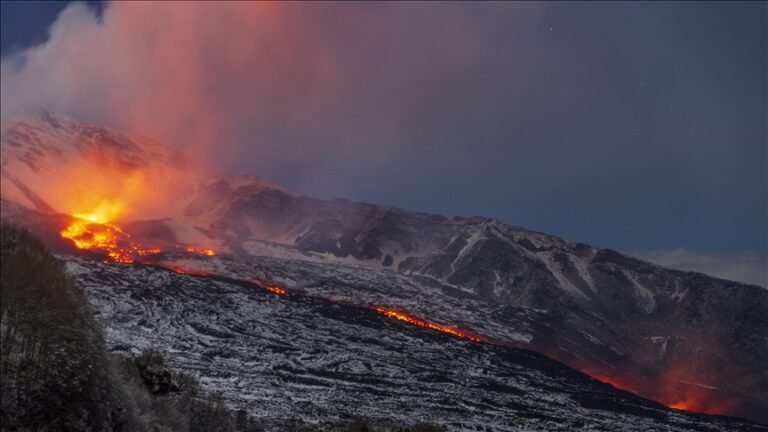Washington: (TDI): As Americans head to the polls on Tuesday to elect their next president, the race between Democrat Kamala Harris, the current vice-president, and Republican Donald Trump, the former president, remains tightly contested.
With swing state polls showing both candidates neck-and-neck, the timing of when a winner will be declared remains uncertain.
Here’s what you need to know about when results might be expected.
Timing of Results: A Complex Equation
Traditionally, Americans expect to know the election outcome by late election night or the early hours of the following morning.
However, in close races, this timeline can extend by days or even weeks, as seen in the infamous 2000 election between George W. Bush and Al Gore, when results were delayed until a Supreme Court ruling on December 12.
Since 2020, states have altered their voting processes, potentially speeding up some vote counts while delaying others.
In Michigan, for instance, recent changes have accelerated vote-counting, and unlike in 2020, fewer mail-in ballots are expected.
However, narrow margins in critical swing states could necessitate recounts, contributing to delays.
The Vote-Counting Process
The vote-counting process typically follows a structured order: Election Day ballots are counted first, followed by early votes, mail ballots, and any remaining overseas or military ballots. Local officials, under strict oversight and regulations, handle the vote canvassing process. This includes verifying ballots, managing challenges, and tabulating votes via electronic scanners or manual counts as needed.
What Could Delay Results?
Tight margins make media outlets more cautious about calling the race, especially in states with close results.
This is also likely to raise the prospect of recounts or legal challenges.
In Pennsylvania, for example, a statewide recount is automatically triggered if the margin falls below half a percentage point.
Litigation regarding voter eligibility and vote management could also delay the process, as over 100 pre-election lawsuits have already shaped this election season.
Unexpected incidents could further impede vote-counting.
In 2020, a water pipe burst in Georgia disrupted operations at a ballot-processing facility, highlighting how unforeseen events may add to delays.
Challenges and Certification of Results
Once every valid vote is counted, including those subject to any recounts, results are certified first at local levels, then statewide.
Following this, each state’s governor certifies a slate of electors to represent the state in the Electoral College.
These electors will gather on December 17 to cast their votes, which are subsequently sent to Washington.
On January 6, a new Congress will convene to count these electoral votes, with the vice-president presiding over the session.
Since the tumultuous events of January 6, 2021, when Trump’s supporters stormed the Capitol, reforms have clarified the vice-president’s limited role in certifying the electoral vote.
Notably, Trump and his running mate, J.D. Vance, along with several Republican leaders, have refrained from guaranteeing they would accept the election results if Trump were to lose, raising concerns about potential challenges to certification.
The Road to Inauguration
The president-elect is set to be inaugurated on January 20, 2025, marking the 60th inauguration in US history.
On this day, the next US president will take the oath to uphold the Constitution, ushering in a new chapter of American leadership.
As the nation holds its breath, Americans may have to exercise patience in awaiting a final result, mindful of both historical precedents and the complexities unique to this election.
Farkhund Yousafzai is an Associate Editor at The Diplomatic Insight.
- Farkhund Yousafzai
- Farkhund Yousafzai
- Farkhund Yousafzai















